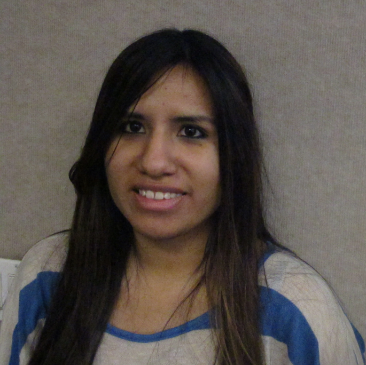Keila Garrido Web Profile
College of Agriculture- Plant Science
Research Project: Calcium signaling in Arabidopsis plants.
My name is Keila Garrido and I worked under Dr. Gerald Berkowitz in a molecular biology cell lab in the Department of Plant Science. Thanks to the Bridge to the Doctorate program it has allowed me to fully focus on my classes and my research project to obtain my Master of Science degree. I obtained my Bachelors of Science in Allied Health at the University of Connecticut and I have been a part of the Uconn Karate Club, Undergrad Research, and Greek life. I enjoy going on hikes, the outdoors, martial arts, drawing, and hanging out with family. I have currently been working on projects that have to do with temperature stress, immune pathogen defense and signaling against fungi pathogenic strains. The Bridge to Doctorate Fellowship has opened doors for me and has allowed me to be not only a graduate student but to also gain knowledge as to how to be a scientist and how to become the professional that I want to be in order to be ready to enter the science industry. I am glad that this fellowship allows us to help others in the community, go to conferences, and learn how to write grants and so much more.
